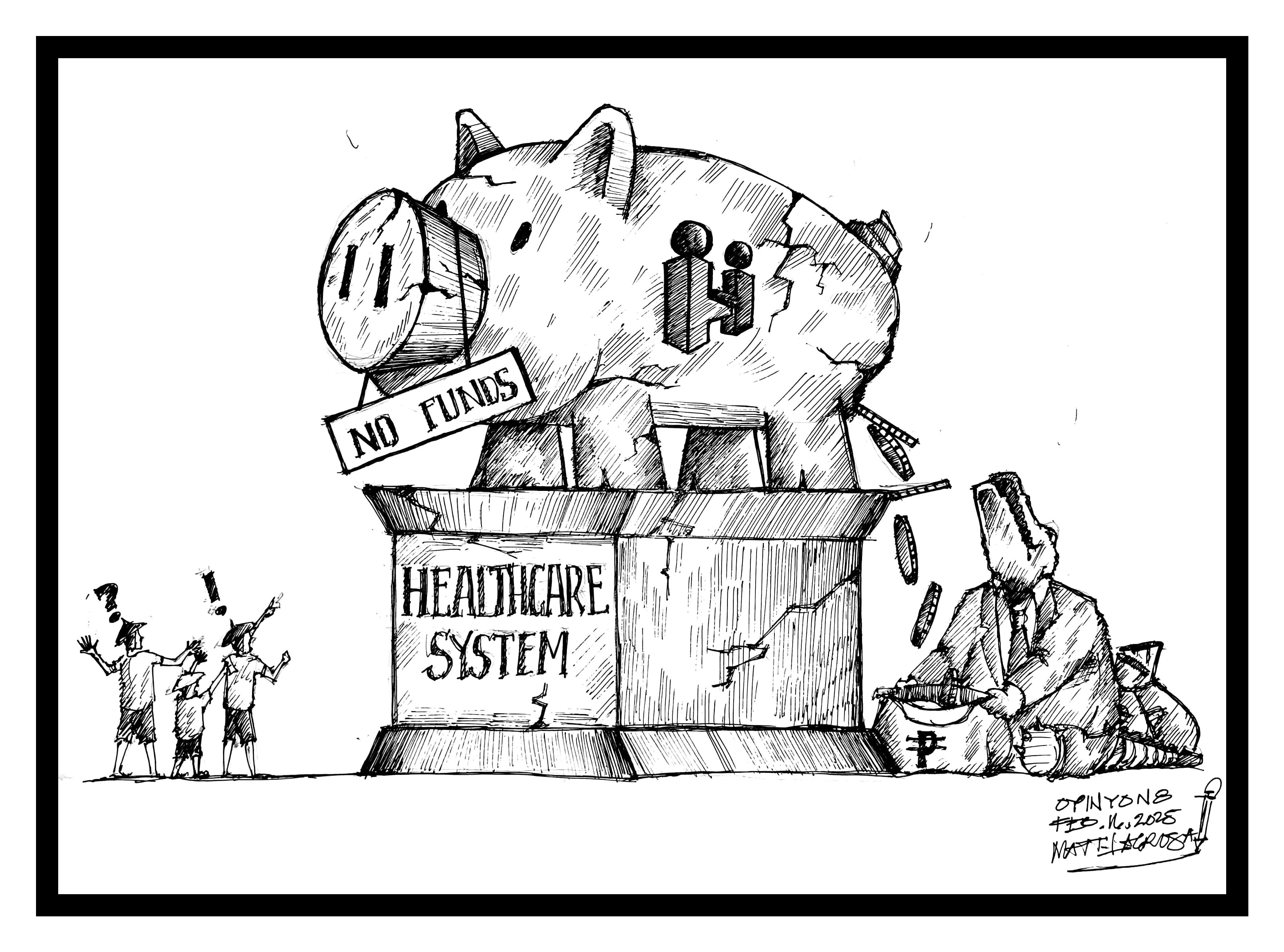The Philippine Health Insurance Corporation (PhilHealth), the cornerstone of the country's universal healthcare program, is facing a financial crisis.
Reports of depleted funds and mounting debts paint a concerning picture, raising alarm bells about the long-term sustainability of healthcare access for millions of Filipinos.
This crisis is not merely a financial statistic; it is a direct threat to the well-being of the nation.
The heart of the problem lies in insufficient and often misused funding.
While PhilHealth has expanded its coverage, including vital benefits for catastrophic illnesses, the agency has struggled to keep pace with the rising costs of healthcare.
Allegations of corruption and mismanagement have further exacerbated the situation, siphoning away resources that should be directed towards patient care.
The consequences are already being felt.
Hospitals, both public and private, are facing delays in reimbursements, putting a strain on their operations and potentially affecting the quality of care provided.
The financial burden on healthcare providers could translate into reduced services, staff shortages, and ultimately, compromised access for patients, particularly those in rural areas.
This crisis demands immediate and decisive action.
A comprehensive audit of PhilHealth's finances is crucial to identify and address the root causes of the problem.
Stricter measures to combat corruption and ensuring accountability are essential.
Furthermore, the government must prioritize increased funding for PhilHealth, exploring sustainable revenue streams that can guarantee the long-term financial health of the agency.
The failure of PhilHealth is not an option.
The government has a moral obligation to protect the health and well-being of its citizens.
Ignoring the funding crisis will have devastating consequences, eroding the gains achieved in healthcare access and leaving vulnerable Filipinos without the critical support they need.
#WeTakeAStand #OpinYon #OpinYonNews #PhilHealth #Editorial
